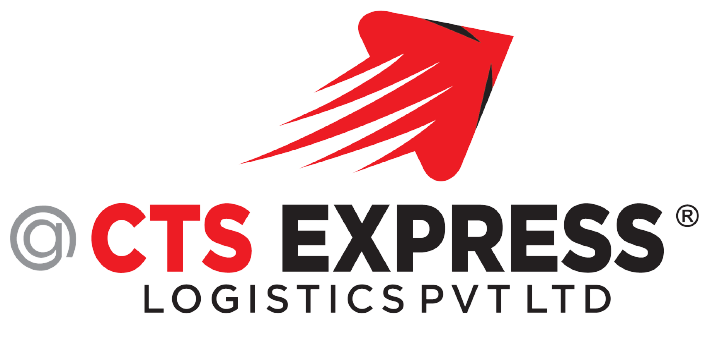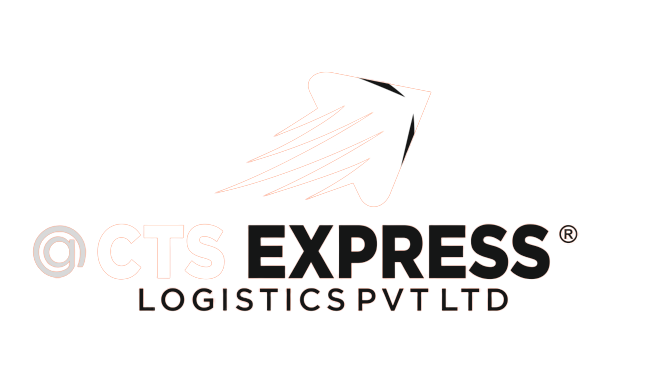In logistics, FTL services refer to Full Truckload services. This means that the entire capacity of a truck is dedicated to a single shipment from one customer, typically to transport a large quantity of goods from one point to another. FTL services are known for their efficiency and speed in transporting goods, as the truck doesn’t make multiple stops to pick up or drop off other shipments along the way, unlike less-than-truckload (LTL) services. This makes FTL a preferred option for businesses with substantial shipping needs or when timely delivery is crucial.
The benefits of Full Truckload (FTL) services in logistics include:
Faster Transit Times: FTL shipments have direct routes, resulting in quicker deliveries compared to shared transport methods.
Reduced Risk of Damage or Loss: With fewer handling points, FTL reduces the risk of damage or loss of goods during transit.
Predictable Schedules: FTL shipments operate on predetermined schedules, providing more predictability for shippers and recipients.
Greater Security: FTL shipments are often more secure, as the entire truckload is dedicated to a single shipper, reducing the risk of theft or tampering.
Cost Efficiency for Large Shipments: FTL can be cost-effective for businesses with large shipment volumes, as the cost is based on the entire truckload rather than individual items.
Customizable Routes: Shippers have more control over the route and timing of FTL shipments, allowing for greater customization based on specific business needs.
Efficient Loading and Unloading: Loading and unloading processes are streamlined, contributing to faster turnaround times for both the shipper and the carrier.
“Part Load Services” in logistics typically refers to shipping or transporting goods that don’t fill an entire truck or container. This is in contrast to Full Truckload (FTL) services where the entire capacity of a truck is dedicated to a single shipment. Part Load Services, also known as Less-Than-Truckload (LTL) services, allow multiple shipments from different customers to be combined in a single truck, sharing the transportation costs. It’s a cost-effective solution for smaller shipments or when a shipper doesn’t have enough goods to fill an entire truck. LTL carriers consolidate multiple partial loads to optimize efficiency and reduce costs for both shippers and carriers.
The benefits of Part Truck Load (PTL) or Less-Than-Truckload (LTL) services in logistics include:
Cost Efficiency: PTL allows multiple shipments to share space in a truck, reducing costs for businesses with smaller shipment volumes.
Flexibility: Ideal for businesses with varying shipment sizes, providing flexibility in accommodating different quantities of goods.
Reduced Environmental Impact: Consolidating multiple shipments in one truck minimizes the environmental impact by optimizing fuel consumption and reducing emissions.
Access to Carrier Networks: PTL services often leverage extensive carrier networks, offering businesses access to transportation services without the need for a full truckload.
Faster Transit for Short Distances: Particularly efficient for short-distance shipments, eliminating the wait for a full truckload before shipping.
Scalability: Adaptable to fluctuating shipment volumes, allowing businesses to adjust their shipping strategy based on current needs.
Reduced Warehousing Costs: Direct shipment to recipients helps minimize warehousing needs, benefiting businesses in terms of cost and logistics efficiency.
Improved Service to Smaller Markets: Economically viable for serving smaller markets or locations that may not justify the cost of a full truckload.
In summary, PTL or LTL services offer cost savings, flexibility, and environmental benefits, making them a practical solution for businesses with varying shipment sizes and logistics requirements.
A Parcel Service in logistics involves the shipment of small packages or parcels. It is commonly associated with the delivery of individual items that are usually lightweight and small enough to be handled easily by a single person. Parcel services are commonly used for e-commerce shipments, retail deliveries, and other instances where individual packages need to be transported directly to the end recipient. These services often provide features like tracking, fast delivery, and may involve multiple transportation modes, including ground and air transport. Parcel carriers, such as FedEx, UPS, and national postal services, are key players in providing parcel services.
Choosing the right shipping option in logistics depends on various factors. In short, consider the following:
Shipment Size:
- Full Truck Load (FTL): Choose FTL for large shipments that fill an entire truck.
- Part Truck Load (PTL) or Less-Than-Truckload (LTL):opt for PTL or LTL for smaller shipments that don’t require a full truck.
Flexibility:
- FTL: Provides less flexibility due to the commitment to a full truck.
- PTL/LTL: Offers flexibility for varying shipment sizes and allows you to share transportation costs.
Speed of Delivery:
- Parcel Service: Ideal for small, urgent shipments requiring fast and direct delivery.
- FTL/PTL/LTL: May have longer transit times but can be cost-effective for larger or less time-sensitive shipments.
Cost Considerations:
- FTL:Generally, more cost-effective for larger shipments but can be less economical for smaller volumes.
- PTL/LTL: Cost-efficient for smaller shipments, as costs are shared among multiple customers.
Environmental Impact:
- FTL: Can have a higher environmental impact due to larger vehicles.
- PTL/LTL: More environmentally friendly as they consolidate shipments, reducing the number of vehicles on the road.
Destination and Market:
- Parcel Service: Well-suited for individual consumers and small businesses with direct-to-consumer deliveries.
- FTL/PTL/LTL: Better for businesses with larger shipment volumes, serving diverse markets, or requiring bulk transportation.
Service Level Requirements:
- Parcel Service: Often provides tracking, express delivery, and customer-centric features.
- FTL/PTL/LTL: Offer standard and time-sensitive options, with varying service levels.
Consider the specific needs of your shipments, cost constraints, and delivery requirements to determine the most suitable shipping option for your logistics scenario.
CTS Express provides the fastest service for your consignment. The total time required to deliver your consignment to the destination point depends on the destination point’s distance and other factors as well which include the service type selected. Usually, FTL is faster than PTL as it does not have any waiting time for another consignment to be loaded.
1. Full Truckload (FTL) Freight Calculation:
Per Mile Rate:
For truckload shipments, a common method is to use a per-mile rate. This rate is multiplied by the distance in miles between the pickup and delivery points.
Flat Rate:
Some carriers may charge a flat rate for FTL shipments, regardless of the distance. This rate is applied to the entire shipment.
2. Less Than Truckload (LTL) Freight Calculation:
Weight-Based Calculation:
LTL shipments are typically charged based on weight. Carriers may have a rate per hundredweight (CWT) or per kilogram.
Cubic Capacity:
In some cases, LTL carriers may use the cubic capacity of the shipment. This involves multiplying the length, width, and height to get the total cubic feet or meters.
3. Parcel Services:
Weight and Dimension-Based:
Parcel services often use a combination of weight and dimensional weight (volumetric weight) to calculate charges. The higher of the two is used to determine the cost./
On executing an indemnity bond (on Rs.10/- non-judicial stamp paper) delivery can be taken by the consignee. In the case of a self-booked consignment, the consignor must execute such bond and obtain due certification from the booking branch.
You can write/e-mail to respective branch or head office @ Bhosari, Pune. You may register your complaint on your phone, or you may register your feedback or complaint online here.
Contact details for all our branches and head office are available on our web site www.ctsexpress.co.in
You can check the status of your consignment on a phone call to our customer care or you may check yourself on the tracking system available on our website www.ctsexpress.co.in. You can also refer to our application available to get all the up-to-date details of your consignment.

